Chest acne is often caused by genetics, improper use of cosmetics, poor diet or stress.
Acne typically affects areas of the skin such as the face and chest, where there is a high concentration of sebaceous glands. Chest acne can spread to other parts of the body, often appearing as whiteheads, blackheads, pimples or cysts. Here's what causes this condition.
Hereditary
Acne may be genetic. A 2006 study by the University of Nantes, France, of more than 200 people aged 25 and older found that people who had family members with adult acne (such as parents, siblings) were more likely to develop the condition.
Wear non-breathable clothing
People who wear tight, non-breathable clothing when exercising vigorously or in hot weather can get acne. This is because this is a favorable environment for bacteria to thrive, clogging pores. Athletes or gym goers are more likely to get chest acne than normal people.
Wear dry, loose-fitting clothing and shower or change clothes immediately after sweating. The goal is to allow air to circulate between the skin and clothing, preventing bacteria from accumulating in the pores.
Using cosmetics incorrectly
Some beauty and skin care products can irritate the skin or clog pores on the chest. Specifically, perfumes, makeup, and products that are scented or contain oils such as lotions and oil-based moisturizers.
In addition to skin products, scented laundry detergents can also cause breakouts. Families should consider purchasing detergents that are free of dyes and fragrances.
To reduce acne and prevent them from appearing, everyone can use a body wash containing salicylic acid and benzoyl peroxide. Avoid rubbing the body because it can easily damage the skin.
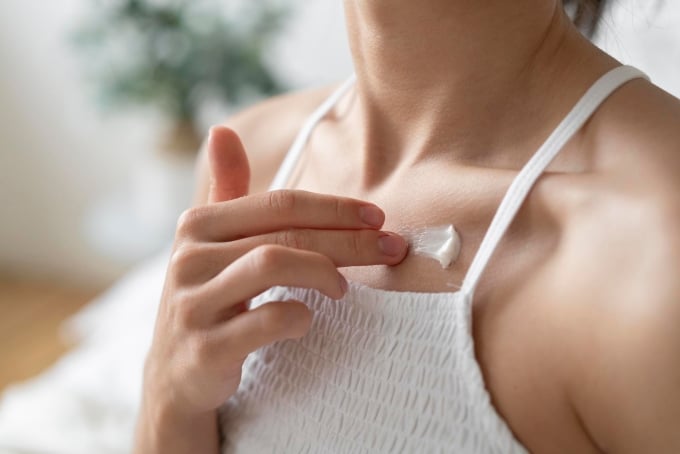
Using the wrong moisturizer on your skin can cause acne. Photo: Freepik
Hormones
Puberty, pregnancy, or taking birth control pills cause hormonal changes. This can cause the hormone glands to produce more oil, leading to acne.
When stressed, the body releases androgen hormones that can stimulate hair follicles and oil glands, causing more inflammation and acne development.
Diet
Some studies have shown that eating chocolate and foods rich in carbohydrates can make acne worse. People with acne should limit these foods. Dehydration can also trigger oil production in the body, clogging pores.
Dietary changes can help reduce acne on the chest and elsewhere. In addition to cutting back on sugar and dairy, people should increase their daily water intake to keep their skin hydrated.
Huyen My (According to Verywell Health, Mayo Clinic, Real Simple )
| Readers send dermatological questions here for doctors to answer |
Source link


![[Photo] The two Prime Ministers witnessed the signing ceremony of cooperation documents between Vietnam and Ethiopia.](https://vstatic.vietnam.vn/vietnam/resource/IMAGE/2025/4/15/16e350289aec4a6ea74b93ee396ada21)
![[Photo] National Assembly Chairman Tran Thanh Man attends the summary of the organization of the Conference of the Executive Committee of the Francophone Parliamentary Union](https://vstatic.vietnam.vn/vietnam/resource/IMAGE/2025/4/15/fe022fef73d0431ab6cfc1570af598ac)

![[Photo] General Secretary To Lam receives Ethiopian Prime Minister Abiy Ahmed Ali](https://vstatic.vietnam.vn/vietnam/resource/IMAGE/2025/4/15/086fa862ad6d4c8ca337d57208555715)
![[Photo] Welcoming ceremony for Prime Minister of the Federal Democratic Republic of Ethiopia Abiy Ahmed Ali and his wife](https://vstatic.vietnam.vn/vietnam/resource/IMAGE/2025/4/15/77c08dcbe52c42e2ac01c322fe86e78b)
![[Photo] Prime Minister Pham Minh Chinh holds talks with Ethiopian Prime Minister Abiy Ahmed Ali](https://vstatic.vietnam.vn/vietnam/resource/IMAGE/2025/4/15/4f7ba52301694c32aac39eab11cf70a4)


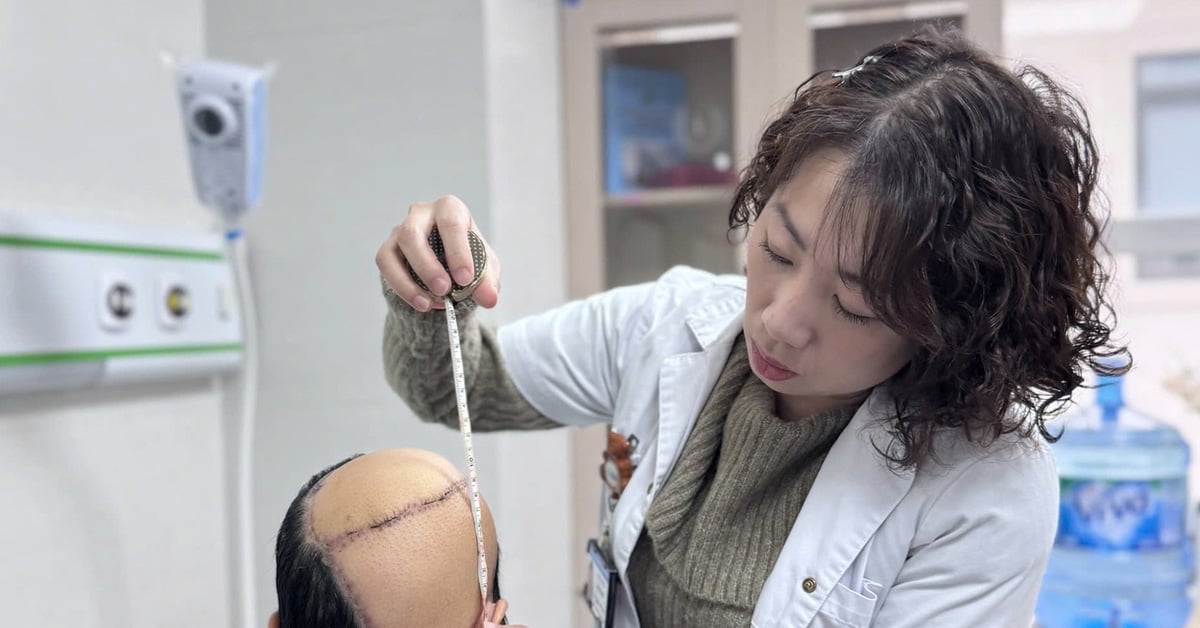


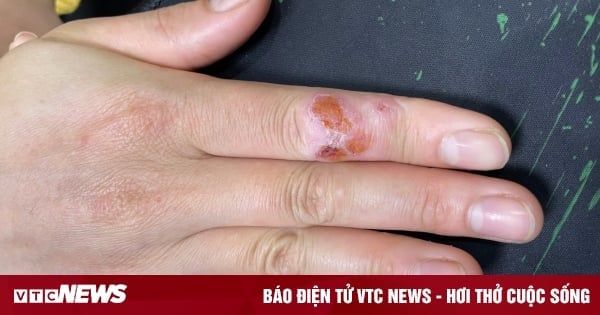




















![[Photo] General Secretary To Lam meets with veteran revolutionary cadres, meritorious people, and exemplary policy families](https://vstatic.vietnam.vn/vietnam/resource/IMAGE/2025/4/15/7363ba75eb3c4a9e8241b65163176f63)














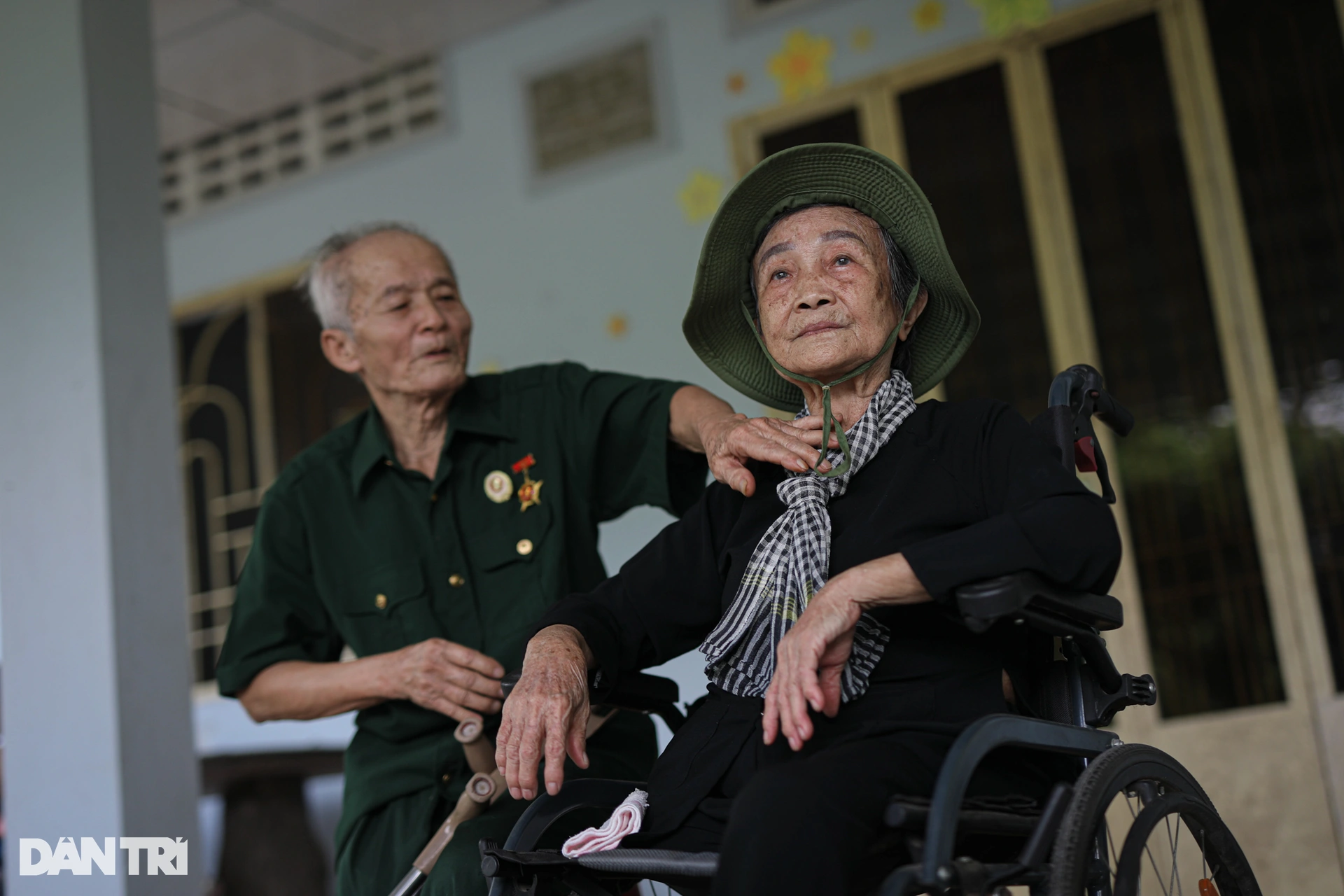













































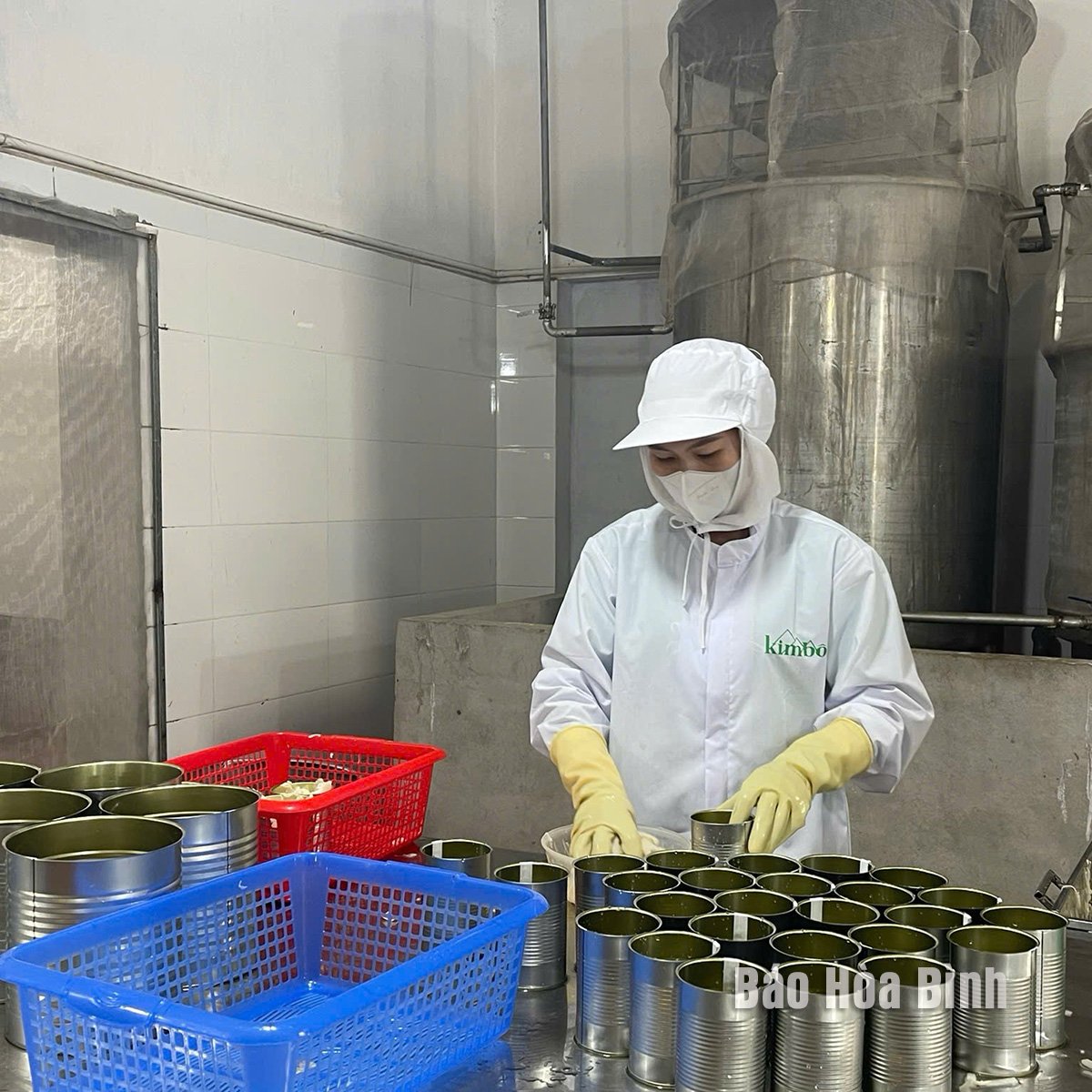

Comment (0)